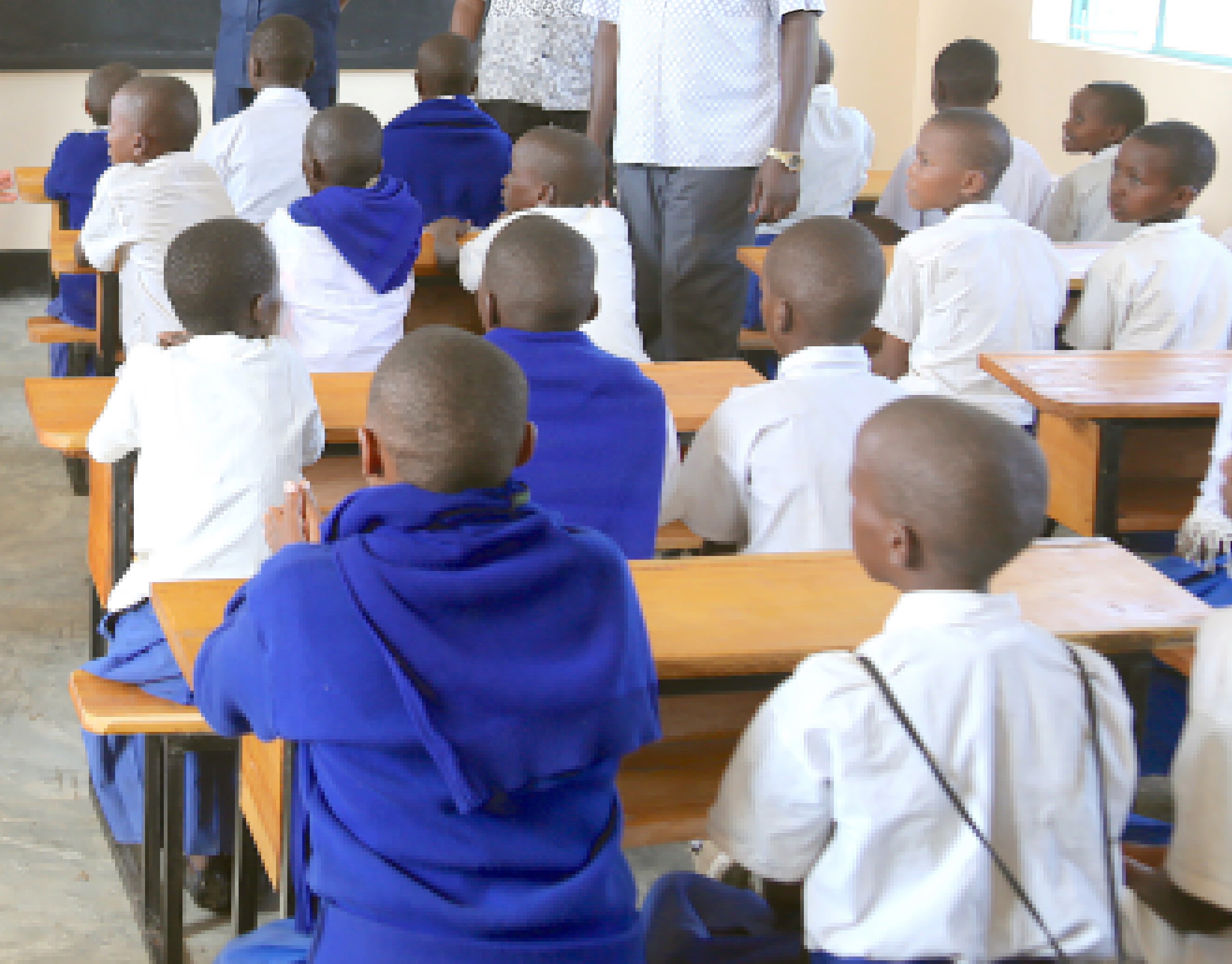Prime
Tanzania’s anti-human trafficking efforts pay off

What you need to know:
- The Director of the Tanzania Relief Initiative, Mr Edwin Muhambila, made the announcement over the weekend during a briefing on global human trafficking and Tanzania’s role in addressing the issue.
Dar es Salaam. Tanzania has been awarded a Tier 2 ranking in the 2024 U.S. Global Status Report on Human Trafficking, recognizing the country’s ongoing efforts to combat human trafficking.
The Director of the Tanzania Relief Initiative, Mr Edwin Muhambila, made the announcement over the weekend during a briefing on global human trafficking and Tanzania’s role in addressing the issue.
Muhambila attributed Tanzania’s improved ranking to key measures the country has taken to combat human trafficking, including amendments to the Anti-Trafficking in Persons Act in 2021. The revised law, now more comprehensive, includes provisions addressing attempts to commit trafficking.
He said the country also introduced tougher penalties for trafficking offenses in 2022, increasing the maximum prison sentence from 10 to 30 years and mandating a fine of 300 million shillings for offenders. Additionally, Tanzania established the Tanzania Network against Human Trafficking and an Anti-Trafficking in Persons Secretariat, tasked with coordinating national efforts.
Muhambila pointed to the effective collaboration between the Tanzanian government, law enforcement, non-governmental organizations (NGOs), and other stakeholders to raise awareness and combat trafficking.
However, despite these efforts, Tanzania remains a source and transit country for human trafficking. “Tanzania continues to be a hub for human trafficking, with many trafficked for forced labour, sexual exploitation, and other abuses,” he said. Between 2021 and 2022, approximately 171,000 people were forced into exploitative labor, often in “3D jobs” (dirty, dangerous, and demeaning).
The 2021 Global Slavery Index ranked Tanzania 131st globally and 42nd in Africa in terms of trafficking prevalence. Muhambila explained that human trafficking involves coercion, abduction, fraud, deception, or threats, leading to victims being subjected to labor, sexual exploitation, or even slavery.
The UNODC Global Report on Trafficking in Persons 2020 noted that 50 percent of global trafficking cases involve sexual exploitation, 38 percent forced labor, 6 percent criminal activities, 1.5 percent forced begging, and 1 percent forced marriage. The 2024 report further reveals that 61 percent of trafficking victims are women and girls, with children aged 12 to 27 particularly vulnerable.
Muhambila called for greater awareness of human trafficking, stressing that many people remain unaware of the issue. He noted that while progress has been made, challenges remain, particularly in the exploitation of children in sectors such as mining, tobacco farming, and organ trafficking.
“In Dar es Salaam, for example, child beggars are often seen throughout the city. Many of these children are coerced into begging, domestic work, or even forced into organ trafficking,” he added.
Frank Goilwitzer from the Hanns Seidel Foundation emphasized the need for capacity-building to help authorities better identify, investigate, and educate the public about human trafficking. He also noted that women and girls disproportionately suffer from trafficking, comprising about 71 percent of victims globally.
“Trafficking is one of the world’s most profitable criminal enterprises, second only to drug trafficking and ahead of arms trafficking,” Goilwitzer said. “Traffickers generate over $150 billion annually, with $99 billion coming from sexual exploitation alone. Rural areas, where awareness is limited, are especially vulnerable.”



